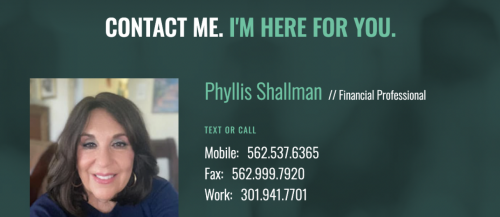
Your credit score can affect a lot more than just your interest rates or credit limits.
Your credit history can have an impact on your eligibility for rental leases, raise (or lower) your auto insurance rates, or even affect your eligibility for certain jobs (although in many cases the authorized credit reports available to third parties don’t contain your credit score if you aren’t requesting credit). Because credit history affects so many aspects of financial life, it’s important to begin building a solid credit history as early as possible.
So, where do you start?
1. Apply for a store credit card.
Store credit cards are a common starting point for teens and young adults, as it often can be easier to get approved for a store card than for a major credit card. As a caveat though, store card interest rates are often higher than for a standard credit card. Credit limits are also typically low – but that might not be a bad thing when you’re just getting started building your credit. A lower limit helps ensure you’ll be able to keep up with payments. Because you’re trying to build a positive history and because interest rates are often higher with a store card, it’s important to pay on time – or ideally, to pay the entire balance when you receive the statement.
Become an authorized user on a parent’s credit card.
Another common way to begin building credit is to become an authorized user on a parent’s credit card. Ultimately, the credit card account isn’t yours, so your parents would be responsible for paying the balance. (Because of this, your credit score won’t benefit as much as if you are approved for a credit card in your own name.) Another thing to keep in mind is that some credit card providers don’t report authorized users’ activity to credit bureaus.* Additionally, even if you’re only an authorized user, any missed or late payments on the card can affect your credit history negatively.
Are secured cards useful to build credit?
A secured credit card is another way to begin building credit. To secure the card, you make an initial deposit. The amount of that deposit is your credit line. If you miss a payment, the bank uses your collateral – the deposit – to pay the balance. Don’t let that make you too comfortable though. Your goal is to build a positive credit history, so if you miss payments – even though you have a prepaid deposit to fall back on – you’re still going to get a ding on your credit history. Instead, it’s best to use a small amount of your available credit each month and to pay in full when you get the statement. This will help you look like a credit superstar due to your consistently timely payments and low credit utilization.
As you build your credit history, you’ll be able to apply for credit in larger amounts, and you may even start receiving pre-approved offers. But beware. Having credit available is useful for certain emergencies and for demonstrating responsible use of credit – but you don’t need to apply for every offer you receive.
Source:
“Will Authorized User Status Help You Build Credit?” NerdWallet, Sep 24, 2021, https://discvr.co/2lAzSgt.
